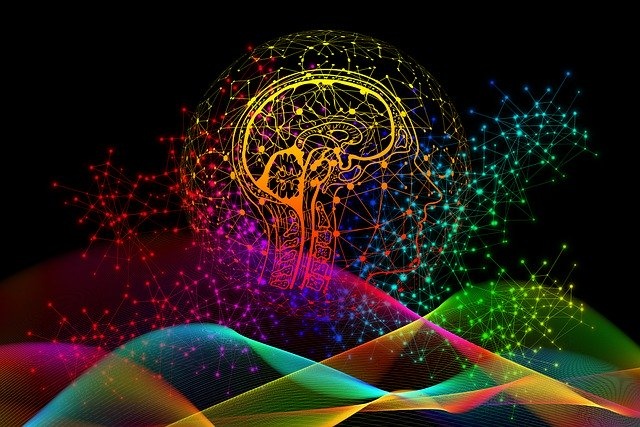All of the potential therapeutic benefits of cannabidiol (CBD) are still being uncovered–especially with regard to how this cannabinoid interacts with different chemicals, receptors, and cells in the brain. Within the past few years, researchers have been looking into this cannabinoid’s interaction with a specific type of brain cell called astrocytes.
Astrocytes, or star-shaped cells, are unlike neurons (the key communicators of the brain). Instead, they are a type of glial cells. These cells were once thought to be the support system of the brain, making sure the neurons were working properly. However, it appears that astrocytes do so much more.
Researchers put together a literature review that looked at the interplay between CBD and these interesting cells. Previous studies have indicated that astrocytes “actively participate in brain development and activity, and maintain tissue homeostasis, far beyond their previously believed role of a sole ‘glue’-like support for neurons.”[1]
In addition to regulating immune function, astrocyte activity has been linked to substance addiction, psychiatric disorders, and neurodegeneration. Thus, the researchers write, “the pharmacological modulation of reactive astrocytes has been proposed as a tool to blunt neuronal damage and to slow the course of brain diseases.”
It’s not clear exactly how astrocytes work or are regulated but scientists are starting to look at the role of the endocannabinoid system. In fact, some evidence suggests that CBD’s neuroprotective effects may be achieved at least in part through astrocyte activity.
For example, cannabinoids may influence astrocyte in seizure regulation due to the crucial role of astrocytes in neural development. Rigorous studies have shown that CBD is an effective treatment for drug-resistant epilepsy. While the researchers note that “not much is known about the effects of CBD on astrocytes in epileptic disorder,” they add pre-clinical evidence has shown that CBD has an anti-seizure effect. This effect was accompanied by decreased astrocyte activity, confirmed by measuring levels of a protein marker.
Epilepsy is not the only disease that CBD and astrocytes may help regulate. There is also potential to treat various other neurological conditions. However, we need to first better understand exactly what astrocytes do and how CBD or other cannabinoids specifically affect astrocytes differently from how they affect neurons.
Image Credit: Gerd Altmann
Image Source: https://pixabay.com/illustrations/binary-code-privacy-policy-brain-5137349/
Reference
Kozela E et al. Modulation of astrocyte activity by cannabidiol, a nonpsychoactive cannabinoid. International Journal of Molecular Sciences. 2017;18(8):1669.










